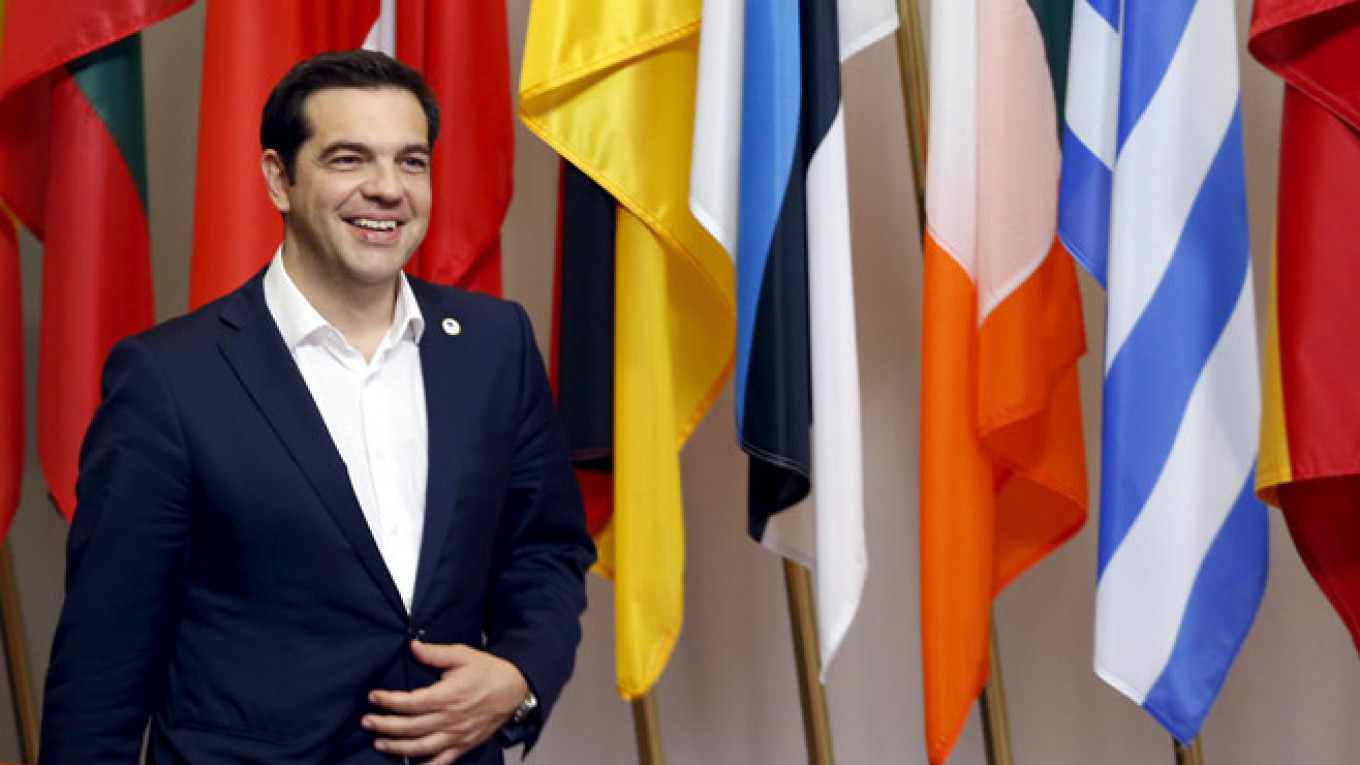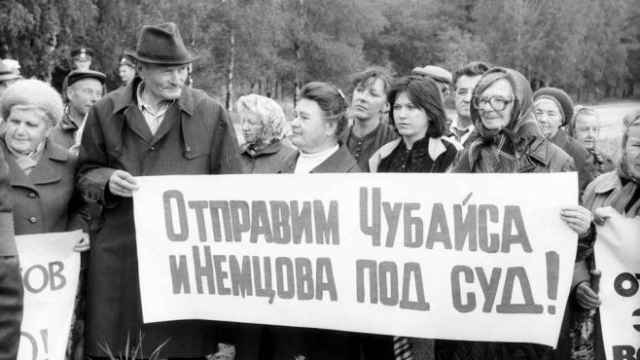The world's attention is now riveted on Greece and the referendum it held on Sunday on whether to accept the terms of Greece's creditors for further loans. The problem is that nobody knows if the "no" vote will increase the chances of Greece's departure from the euro zone.
If the majority had voted "yes," then it would have been easier for Greek Prime Minister Alexis Tsipras to sign a new agreement with creditors that obligates the country to undertake strict obligations for paying down its debt, reducing expenses, increasing the retirement age, etc.
However, as many prominent economists have pointed out — including Nobel laureate Paul Krugman and Jeffrey Sachs of Columbia University — these commitments would lead to a further deterioration of the economic situation. It would lead to a decline in GDP and higher unemployment and, in a few years' time, a return of the same problems the country is facing now, only under more unfavorable conditions.
In other words, signing that agreement means Greece's slow and painful exit from the euro zone, as compared to a fast and painful exit now.
The ''no'' result in Sunday's referendum makes it easier for Tsipras to take a tough stance in negotiations with Greece's creditors — dominated by the European Central Bank, the International Monetary Fund and Germany, Europe's largest economy.
Those lenders face a simple choice: either agree that Greece remain in the euro zone under significantly less stringent terms of debt repayment, or else let it go.
It is difficult to believe that "greater Europe" will agree to Greece's exit from the euro zone. But even if it does, Greece will remain very much a part of the European continent.
If Greece subsequently suffers an economic disaster and experiences another military junta like it did only 40 years ago, then Germany and France will spend more on humanitarian aid, sheltering refugees and helping the country recover than it would save now by letting Greece depart.
What's more, the withdrawal of even a single country as small and economically insignificant as Greece from the common currency zone will show the world that the monetary union is not a broad step toward a unified state, but only a special form of establishing a fixed exchange rate. And that will cause everyone to exercise more caution toward the euro than they would toward a true common currency.
Europe has been moving toward becoming a unified state ever since the start of the financial crisis of 2008-09.
That experience demonstrated what professional economists had predicted prior to the creation of the euro zone — namely, that it is impossible to maintain a unified monetary policy without also having a unified fiscal policy and, accordingly, unified political bodies.
That, by the way, explains the cause of the Greek crisis in a nutshell.
In effect, only crisis conditions forced the European banking system to become truly unified and the monetary union to take root. Hopefully, that desire for unity will prevail this time as well.
Konstantin Sonin, a columnist for Vedomosti, is professor of economics at the University of Chicago and the Higher School of Economics in Moscow.
A Message from The Moscow Times:
Dear readers,
We are facing unprecedented challenges. Russia's Prosecutor General's Office has designated The Moscow Times as an "undesirable" organization, criminalizing our work and putting our staff at risk of prosecution. This follows our earlier unjust labeling as a "foreign agent."
These actions are direct attempts to silence independent journalism in Russia. The authorities claim our work "discredits the decisions of the Russian leadership." We see things differently: we strive to provide accurate, unbiased reporting on Russia.
We, the journalists of The Moscow Times, refuse to be silenced. But to continue our work, we need your help.
Your support, no matter how small, makes a world of difference. If you can, please support us monthly starting from just $2. It's quick to set up, and every contribution makes a significant impact.
By supporting The Moscow Times, you're defending open, independent journalism in the face of repression. Thank you for standing with us.
Remind me later.






